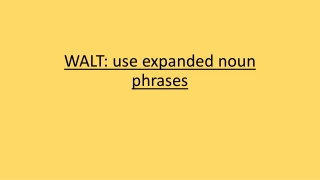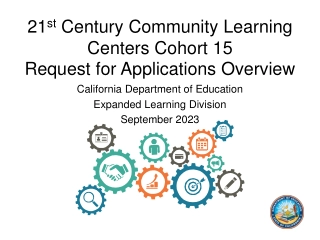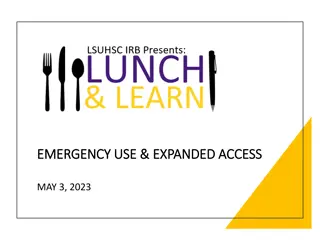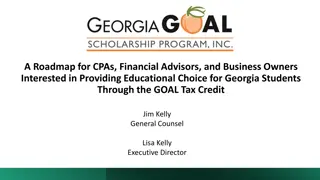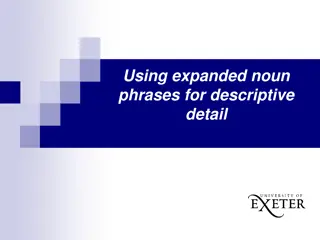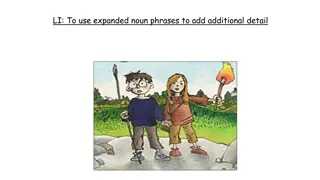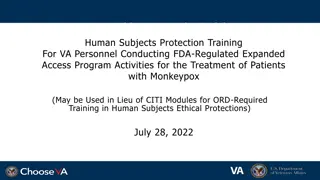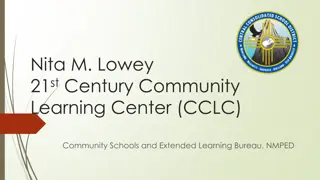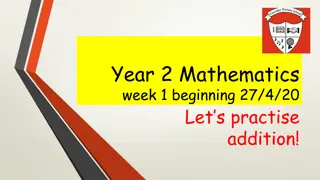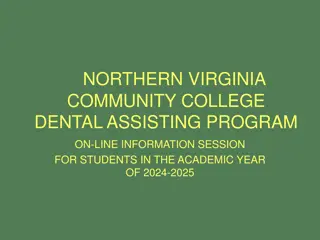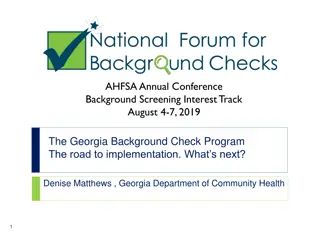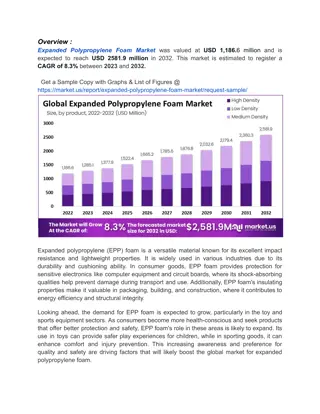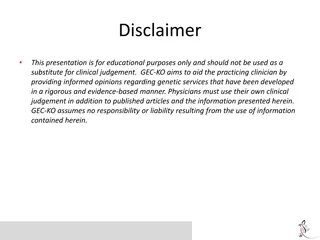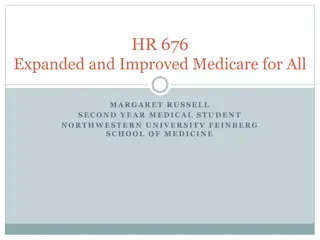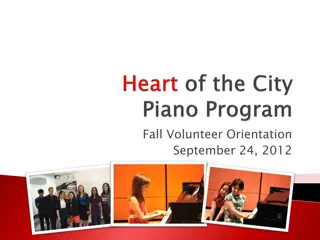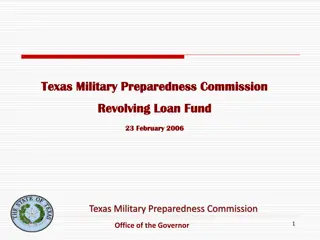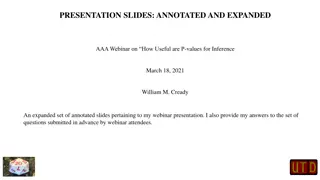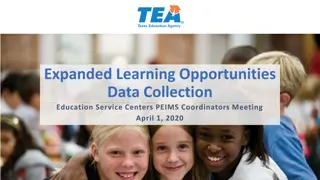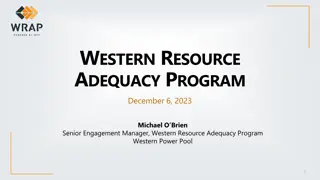Expanded Learning Opportunities Program Overview
The Expanded Learning Opportunities (ELO) Program is designed to cater to the academic, social, emotional, and physical needs of students through engaging learning experiences outside regular school hours. This program encompasses before school, after school, summer, and intersession learning activities while ensuring a pupil-centered and results-driven approach. The ELO-P Defined and Requirements, along with Quality Standards for Expanded Learning in California, guide the development and continuous improvement of effective ELO programs, focusing on areas like creating a safe environment, skill building, promoting youth voice, and maintaining quality staff. The program plan template is a dynamic document that reflects community needs and legal updates, ensuring alignment with the legislative framework. ELO programs strike a balance between intervention and enrichment, offering activities that complement the school curriculum while providing additional support based on individual student needs. Continuous Quality Improvement (CQI) processes are emphasized for enhancing program management practices. Collaborative partnerships and a clear mission contribute to the success of ELO initiatives.
Download Presentation

Please find below an Image/Link to download the presentation.
The content on the website is provided AS IS for your information and personal use only. It may not be sold, licensed, or shared on other websites without obtaining consent from the author. Download presentation by click this link. If you encounter any issues during the download, it is possible that the publisher has removed the file from their server.
E N D
Presentation Transcript
Expanded Learning Opportunities Program June 27th, 2022
ELO-P Defined Expanded learning means before school, after school, summer, or intersession learning programs that focus on developing the academic, social, emotional, and physical needs and interests of pupils through hands- on, engaging learning experiences. It is the intent of the Legislature that expanded learning programs are pupil-centered, results driven, include community partners, and complement, but do not replicate, learning activities in the regular school day and school year. (EC Section 8482.1[a])
Program Plan Template The program plan template guide is considered a living document that is periodically reviewed and adjusted to reflect the needs of the community, updates in the law, and to provide continuous improvement in the development of an effective ELO-P
ELO-P Requirements 1. Plan developed/reviewed every 3 years The LEA is responsible for creating, reviewing, and updating the program plan every three years in accordance with EC Section 8482.3(g)(1). LEAs are encouraged to work collaboratively with partners and staff to develop and review the program plan with a recommendation for annual review. 1. Based on Quality Standards for Expanded Learning in California and Continuous Quality Improvement The Expanded Learning Division adopted the Quality Standards for Expanded Learning in California (Quality Standards) and introduced requirements for Continuous Quality Improvement (CQI) to help programs engage in reflection and be intentional about program management practices and activities delivered to students.
Quality Standards for Expanded Learning in California 1 Safe and Supportive Environment 2 Active and Engaged Learning 3 Skill Building 4 Youth Voice and Leadership 5 Healthy Choices and Behaviors 6 Diversity, Access, and Equity 7 Quality Staff 8 Clear Vision, Mission, and Purpose 9 Collaborative Partnerships 10 Continuous Quality Improvement 11 Program Management Transitional Kindergarten and Kindergarten
Sample: 2Active and Engaged Learning Describe how the program will provide opportunities for students to experience active and engaged learning that either supports or supplements, but does not duplicate, the instructional day. The focus of the Expanded Learning Program includes opportunities for both intervention and enrichment to support learning during the school day. STEAM activities will be coordinated to supplement grade level curriculum offered within the day as will theater arts, music, physical education, robotics and other offerings that may be available on a limited basis otherwise. Intervention components will include access to current iReady data and supplemental lessons not covered during day. Staff will continue to provide before and after tutoring to targeted students based on identified needs. Student input on offerings for enrichment will be critical to connect students with learning of high interest, and we will look for opportunities for students to showcase their learning from these sessions. This might be some kind of an Open House for parents to see student work or a performance for example. Communication with classroom teachers will also be facilitated for input for needed interventions and homework/tutor that will support student progress in core subjects during the day. The program will be evaluated at the end of each session by staff, families, and students to determine if adjustments need to be made.
ELO-P Requirements 3. Each component of a program established pursuant to this article shall consist of the following two elements: (A) An educational and literacy element in which tutoring or homework assistance is provided in one or more of the following areas: language arts, mathematics, history and social science, computer training, or science. (B) An educational enrichment element that may include, but need not be limited to, fine arts, career technical education, recreation, physical fitness, and prevention activities. EC Section 8482.3(c)(1)(A B)


